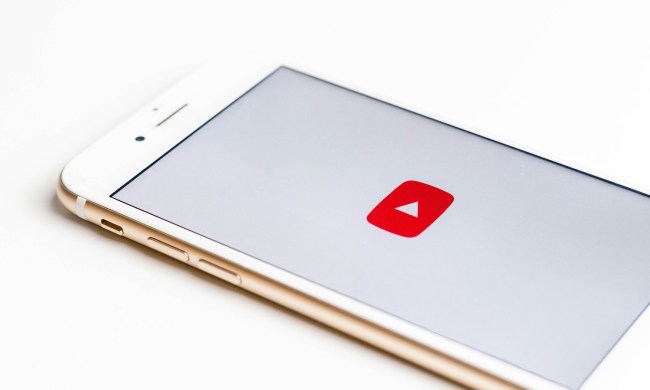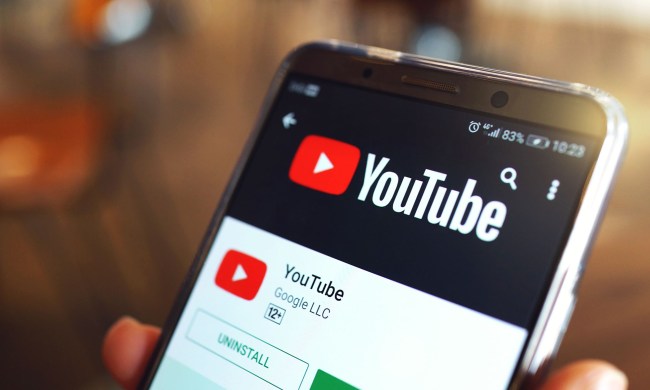YouTube has permanently banned the channel of the far-right wing anti-immigration website VDARE for violating its hate speech policies.
According to a report by Right Wing Watch, VDARE was a gathering place for white supremacists and people who oppose immigration to the U.S. Its founder, Peter Brimelow, is well-regarded in right wing circles, even rubbing elbows with advisors in President Donald Trump’s cabinet, according to the Washington Post. Vox described Brimelow as one of the “founding fathers” of the alt-right.
The site was known for its anti-immigration and racist rhetoric, and for publishing pieces from anti-Semites, eugenicists, and prominent white nationalists, all while Brimelow maintained it was not a white nationalist site.
It also promoted the idea that white people were the “racial and culture identity of America,” and Brimelow has stated that “white people built America.”
In 2019, YouTube suspended and then reinstated VDARE’s channel, VDARE TV. A spokesperson for YouTube confirmed to Digital Trends that the suspension is permanent, and that VDARE was one of 25,000 channels that had recently been permanently suspended.
“We have strict policies prohibiting hate speech on YouTube, and terminate any channel that repeatedly or egregiously violates those policies,” the spokesperson said in an email. “After updating our guidelines to better address supremacist content, we saw a 5x spike in video removals and have terminated over 25,000 channels for violating our hate speech policies.”
The spokesperson also said the updated guidelines included new penalties for creators who repeatedly “brush up against the line,” including removing the ability to make money on YouTube.
Earlier this year, YouTube also suspended the channel of known far-right white nationalists Stephen Molyneux, the American Identity Movement, Richard Spencer, the founder of the Proud Boys Gavin McInnes, and former Ku Klux Klan leader David Duke, who was also recently banned from Twitter. Two other prominent right wing YouTubers, Nick Fuentes and Carl Benjamin, had their channels demonetized.
This is the latest example of prominent right wing and far-right wing figures having their posts blocked or fact-checked, or their accounts suspended, on large social media sites. Earlier this year, Donald Trump, Jr., the president’s oldest son, had his Twitter account temporarily suspended for proliferating misinformation about COVID-19. In March, Twitter put fact-check labels on President Trump’s tweets for the first time, and Facebook completely removed one of Trump’s posts, also for spreading misinformation about COVID, in early August.


